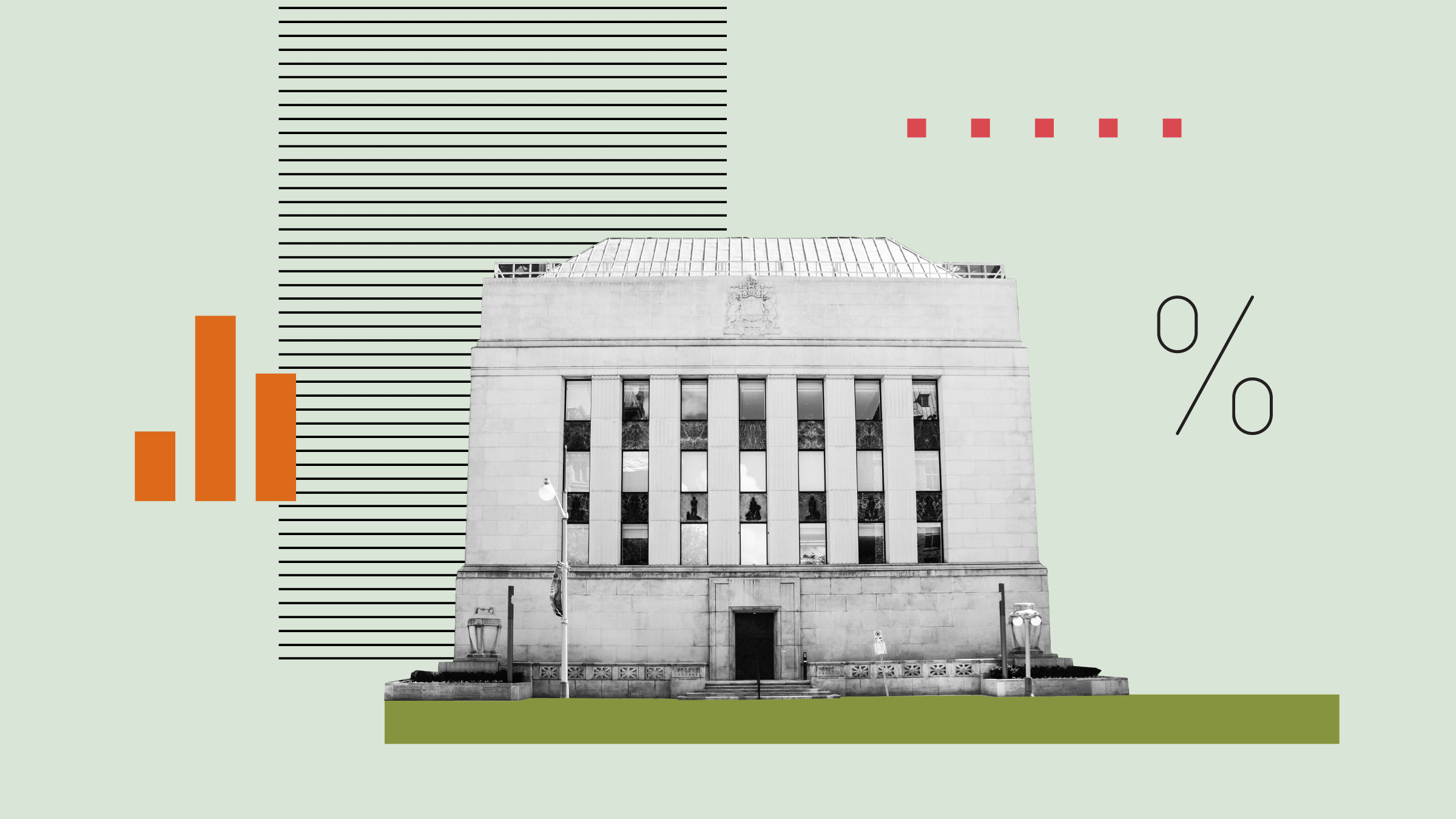BMO Global Dividend Class invests in every region and country represented in its benchmark index, and in every industry, says its Dublin-based lead manager Gareth Maher. By using that strategy, "you don't get those bad tilts that you get in a standard dividend approach."
Risk-adjusted returns are very important, says Maher, "so we keep the weights in the regional and industry groups in line with their weights in the MSCI World Index. It is the best approach in terms of total returns and the best in downward volatility."
Maher, head of portfolio management for dividend strategies at Kleinwort Benson Investors Dublin Ltd., has been responsible for the $20-million BMO Global Dividend since April 2007. At that time, the fund -- originally launched in November 2000 as a global balanced fund -- changed to a global dividend mandate.
In structuring the fund, Maher and his team split the investment world into four geographic investment blocs: North America, Europe, Japan, and the rest of the Asia-Pacific region. Kleinwort Benson's research then segments companies by sector, such as automakers and banks, to seek the best dividend-paying companies in each industry in each country.
Employing stringent dividend criteria, Maher and his colleagues invest only in companies with above-average dividend yields. To meet this requirement, the fund will consider only 825 of the 1,650 names in the MSCI World Index. Out of those 825 names, the portfolio will hold 220 to 240.
Companies' dividend-payment records are reviewed to help determine their ability to pay dividends in future years. Free cash flow is considered the best measure of assessing whether a company can pay a dividend. Dividend growth is a key factor, and the team wants companies that have track records of at least five years of having paid dividends.
That five-year payout has been a challenge. "What we've been forced to do in the last 12 months," says Maher, "is use a one-year forward parameter to reflect the environment. You've got to realize that the world has changed."
The capitalization of the holdings in the BMO Global Dividend is driven by the investment process and can change to reflect value opportunities. Currently, the fund holds 56% of its portfolio in large-cap companies and 9% in small-cap companies with market capitalizations of less than $3 billion.
Maher says the hardest investment environment for the team to perform relatively well in is a really strong bull market. The second worst environment, he adds, is the one we've just experienced, with the worst dividend cuts since the 1940s. "We've had the two most difficult headwinds face us, but we now feel that those headwinds will turn into tailwinds, to support the dividend-based approach."
Maher, 45, draws on two decades of investment experience. A graduate of University College Dublin, he received an honours commerce degree in 1986, and then a master's degree in economic science in 1987.
Upon graduation, he joined Irish Life Investment Managers, managing its U.S., Irish and Far East equity portfolios. In 1997, he moved to Eagle Star (Zurich) with responsibilities for Irish, Japanese and Far East equities before joining Kleinwort Benson as a senior portfolio manager in 2000.
Most recently, in early October, the firm -- formerly named KBC Asset Management International Ltd. -- came under new ownership. But the personnel and investment process remains the same. The long-tenured management team of four, including Maher, is responsible for approximately US$1.6 billion in total assets under management.
When it comes to top holdings in the portfolio, the German chemicals manufacturer BASF is considered a good example that meets all of the investment criteria. Maher says the company is global in scope, has generated very strong growth as a European-based exporter in emerging markets, and has a very disciplined management team.
BASF restructured during the downturn, giving it additional earnings leverage as the economy improved, and it has increased its dividend. "It's distributing the earnings and distributing more towards the shareholders," Maher says.
Another top holding is the software giant Microsoft Corp. MSFT. "Because we're taking the highest yielding companies in each of those investment blocs," says Maher, "Microsoft, with all of its excess capital, has the best potential to continue to distribute to shareholders."
Looking ahead, Maher emphasizes the crucial importance of dividends. "This is not a 20% to 30% equity-return environment," says Maher. "This is a slow, difficult grind back, where returns will be moderate. Given the environment that we foresee, a dividend yield of 4% is a big chunk of your total return."















